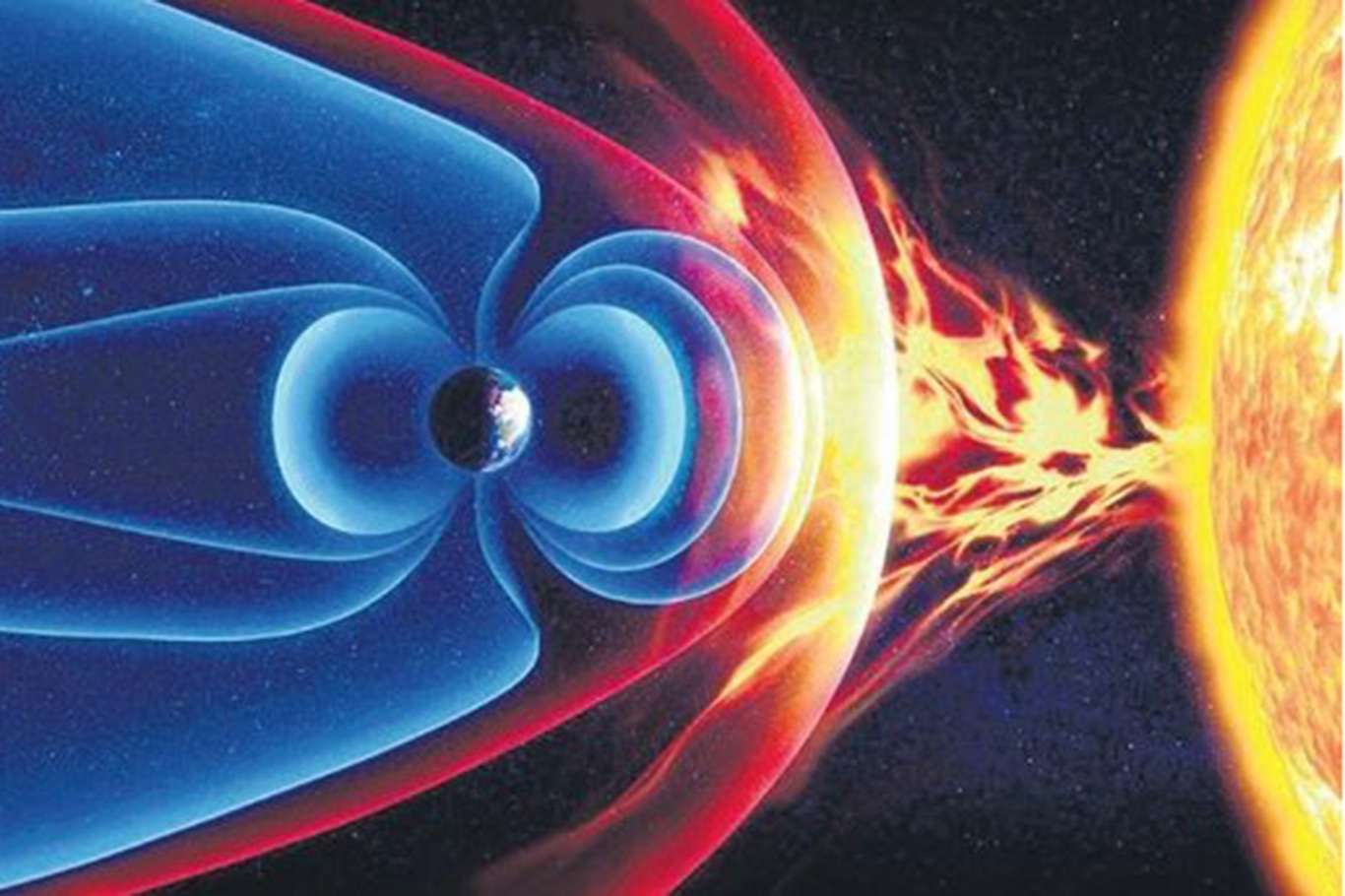NASA researchers track slowly splitting 'dent' in Earth’s Magnetic Field


A small but evolving dent in Earth’s magnetic field can cause big headaches for satellites, the United States National Aeronautics and Space Administration (NASA) said.
Earth’s magnetic field acts like a protective shield around the planet, repelling and trapping charged particles from the Sun. But over South America and the southern Atlantic Ocean, an unusually weak spot in the field – called the South Atlantic Anomaly, or SAA – allows these particles to dip closer to the surface than normal. Particle radiation in this region can knock out onboard computers and interfere with the data collection of satellites that pass through it – a key reason why NASA scientists want to track and study the anomaly.
The South Atlantic Anomaly is also of interest to NASA’s Earth scientists who monitor the changes in magnetic field strength there, both for how such changes affect Earth's atmosphere and as an indicator of what's happening to Earth's magnetic fields, deep inside the globe.

Currently, the SAA creates no visible impacts on daily life on the surface. However, recent observations and forecasts show that the region is expanding westward and continuing to weaken in intensity. It is also splitting – recent data shows the anomaly’s valley, or region of minimum field strength, has split into two lobes, creating additional challenges for satellite missions.
A host of NASA scientists in geomagnetic, geophysics, and heliophysics research groups observe and model the SAA, to monitor and predict future changes – and help prepare for future challenges to satellites and humans in space. (ILKHA)
LEGAL WARNING: All rights of the published news, photos and videos are reserved by İlke Haber Ajansı Basın Yayın San. Trade A.Ş. Under no circumstances can all or part of the news, photos and videos be used without a written contract or subscription.
Millions of users across Europe and Türkiye were left unable to access Google’s core services on Thursday after a sudden outage disrupted platforms including YouTube, Gmail, Google Maps, Chrome, and Google Translate.
Australia’s upcoming ban on social media use for children under 16 faces significant technical and privacy hurdles, according to a new government-commissioned report.
Cybersecurity researchers at ESET have identified a groundbreaking new ransomware strain named PromptLock, the first known malware to leverage generative artificial intelligence (GenAI) to execute attacks.
Elon Musk has escalated his ongoing dispute with OpenAI, filing a federal lawsuit in Texas alongside his companies X and xAI against Apple and OpenAI.